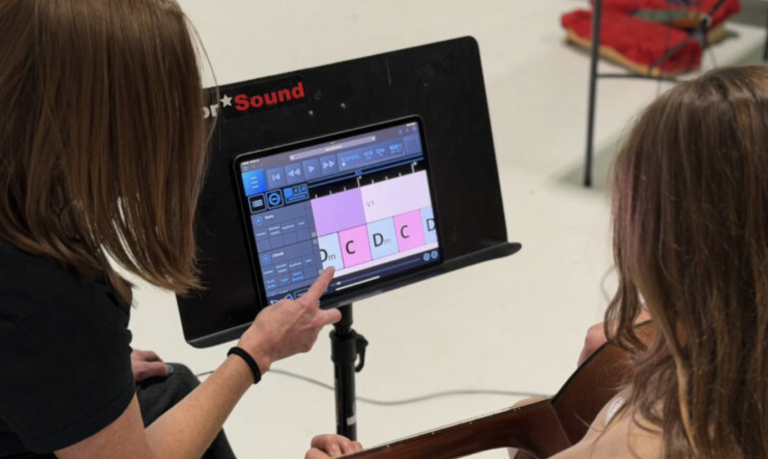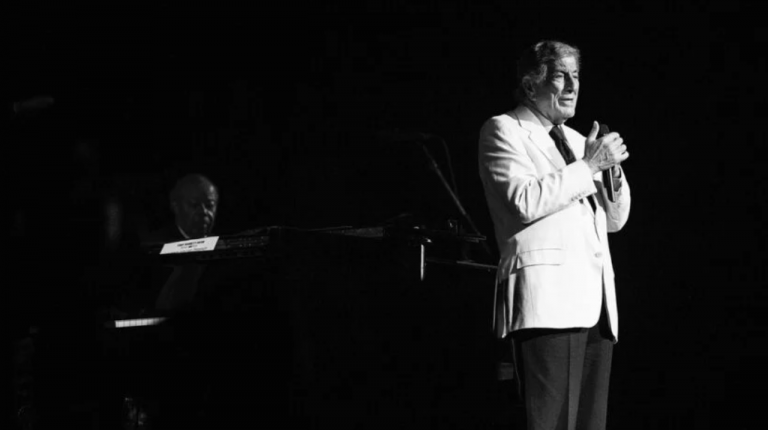
Music heals, and Norman Cook—better known as Fatboy Slim—is turning that belief into action. In Sussex, he funds DJ workshops that pair music therapy with hands-on training. These sessions target people with severe mental illness, and they aim to build confidence, reduce isolation, and teach practical skills participants can use beyond the room.
Program and Partners
Importantly, Cook does more than donate money. He teaches alongside professional DJs from Audio Anonymous and Atomic Drop. Moreover, Clinical Specialist Occupational Therapist Natalie Rowlands co-developed the programme. Sussex Partnership NHS Foundation Trust and the charity Heads On also provide support. Over the past year, the team ran 30 sessions in community venues and inpatient psychiatric settings. Consequently, people aged 23 to 58 who live with schizophrenia, bipolar disorder, and eating disorders could take part. According to Rowlands, the workshops help people “discover their rhythm, confidence, and voice.”
The results have been striking. For example, on September 24, 2024, thirteen participants performed live at Rockwater Hove with Fatboy Slim during the Sound Minds event. For some, this came after weeks of crisis, and thus the set became powerful proof that recovery is possible. Jessica Button called the experience “the best of my life.” Similarly, another participant, Rob, said DJing reopened a part of himself he thought was lost. In addition, Cook connects the program to his own recovery; he completed rehab in 2009 and has remained sober since. As he often says, “Music is therapy. Music is medicine.”
Evidence and Expansion
Furthermore, research supports music-based interventions. Studies show music therapy reduces stress and improves outcomes for people with schizophrenia and depression. Likewise, DJing engages attention, memory, motor coordination, and executive control. Therefore, the practice trains cognitive skills while also creating social connection. After a successful first year, Cook extended funding in October 2025. As a result, more people across Sussex will access this creative recovery pathway.
Ultimately, Fatboy Slim’s workshops do more than inspire headlines. They offer a practical, community-based model that fills real gaps in mental health care. In short, with music, mentorship, and steady support, participants gain agency, purpose, and a clearer path to recovery—one beat at a time.








